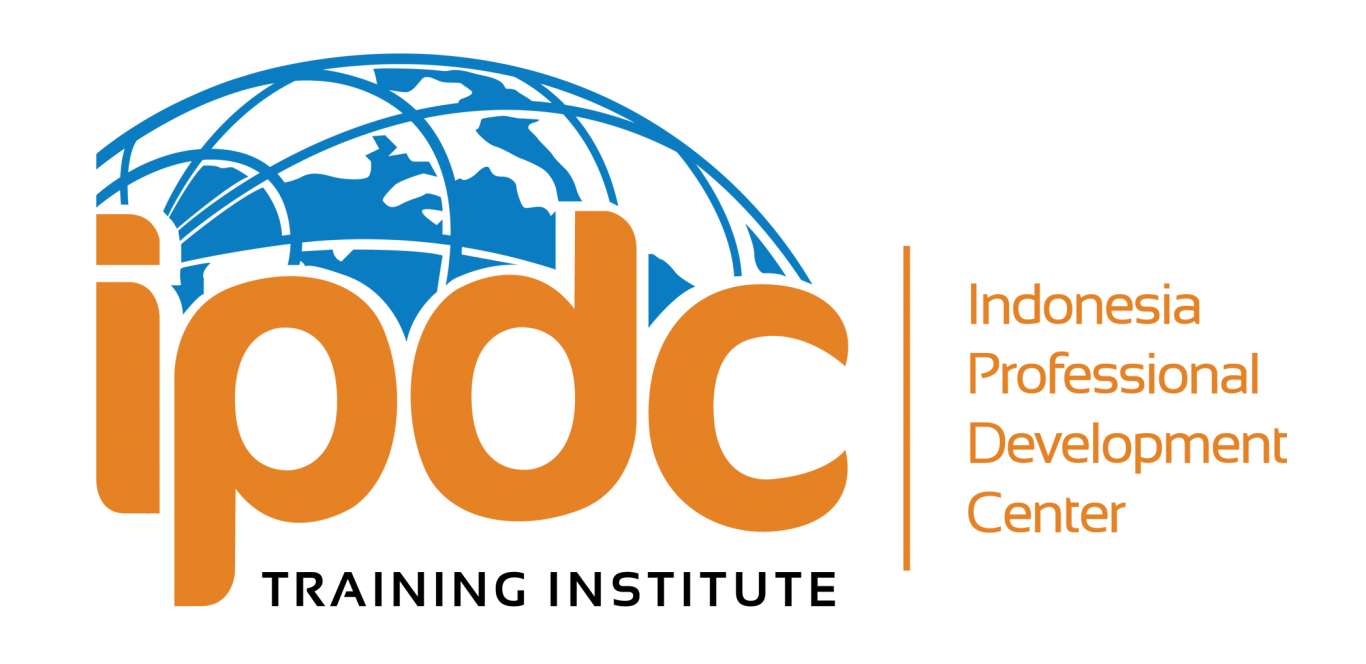


































 This course is designed to provide information about an entity’s investing and financing activities during the accounting period, as well as show how much cash was generated by the period’s operations. The course will familiarize the participants with relevant financial information to make decisions
This course is designed to provide information about an entity’s investing and financing activities during the accounting period, as well as show how much cash was generated by the period’s operations. The course will familiarize the participants with relevant financial information to make decisions
Our Upcoming Trainings


Mon, Feb 03
|Indonesia
Procurement Management in Oil & Gas Industry
This program explores key concepts of strategic approaches to Procurement in the Oil and gas Industry and shows how today’s supply management organizations need to move from their traditional tactical focus to the strategic focus needed to successfully implement the processes and methods required.
Time & Location
Feb 03, 2025, 7:00 PM – Feb 04, 2025, 11:00 PM
Indonesia
About The Training
OVERVIEW
High-quality Procurement Management is essential in achieving improved performance levels for all organizations. Providing the high value-added activities available from procurement operations requires the continuous involvement of knowledgeable professionals and management who understand and implement the best practices in Procurement Management to acquire goods, equipment, and services.
This program explores key concepts of strategic approaches to Procurement in the Oil and gas Industry. It shows how today’s supply management organizations need to move from their traditional tactical focus to the strategic focus needed to successfully implement the processes and methods required to reach world-class performance.
OBJECTIVES
By the end of this training course, participants will be able to:
- Align spending to organizational strategy
- Broadly how to ascertain purchasing goals and plans
- Select suppliers in tune with strategies
- Manage suppliers to maximize return – including KPI management
- Basic negotiation skills
- Implementation and Management of Cost Reduction Programmes
- Reduce the risk to their supply chains
TARGET PARTICIPANTS
- Buyers, procurement specialists
- Logistics specialists
- Business analysts
- Team leaders
- Project managers
- Commodity managers
- Materials managers and new sourcing specialists or category managers.
COURSE CONTENTS
1. Understanding Logistics and the Supply Chain
- Definitions of Logistics and Supply Chain Management
- History and the development
- Understanding the Supply Chain dynamics
- International and Global logistics
- Supply Chain Operations Reference Models (SCOR)
2. Transportation Economics
- The Role of Transportation in Logistics
- Management Key Decisions
- Types of mode or intermodal system
- International Commercial Terms in transportation and the liabilities
- Documentation in transportation
- Hazardous materials transportation
3. Performance, Risk, and Warehouse Management
- Key performance indicators (KPI)
- Warehouse Management: Role in the Supply Chain/Flows/Equipment selection
4. Supply Chain Risks
- Operational
- Inventory
- Exchange rates/Financial
- Disruption/Security
5. Procurement in Supply Chain
- The difference between Procurement & Purchasing
- What is the role of Procurement & Purchasing?
- Support Operational Requirements
- Manage the Procurement Process and the Supply Base
- Develop Strong Relationships with Other Functional Groups
- Team Roles and Responsibilities
6. Inventory Management
- Financial in inventory management
- Selective inventory control management
- Understanding Inventory status
- Reducing excess and obsolete inventory
- Improving the organization’s logistics and supply chain
7. Implementing strategies for cost-effective purchasing and procurement in the Oil & Gas Industry setting
- Strategic cost management as opposed to ad-hoc cost reduction
- Aligning cost management strategies to those of the business
- Practical tips to manage your expenditure and reduce costs
- Measuring the impact of cost management initiatives on profitability
8. Evaluating your suppliers - developing key measures for a total cost and value approach
- How can you measure supplier performance?
- The future of supplier relationships in the electronic age
- Assessing the value of moving to a partnership agreement
- Examining the different types of purchasing and procurement contracts and service-level agreements
- How to move towards a total cost value partnership
9. Essential negotiation skills for the procurement function
- Understanding the various styles of negotiation
- Determining the most appropriate style for you
- Setting the scene: What preparation is needed?
- Understanding the impact of non-verbal communication on your relationship
- Wrapping up the negotiation process - things you must do


